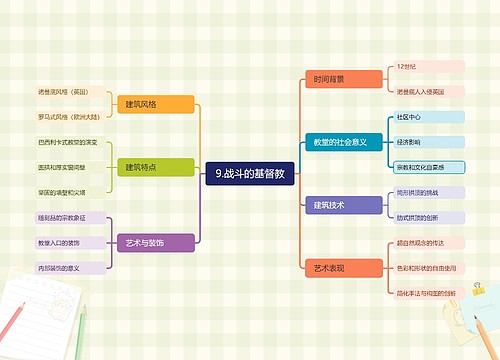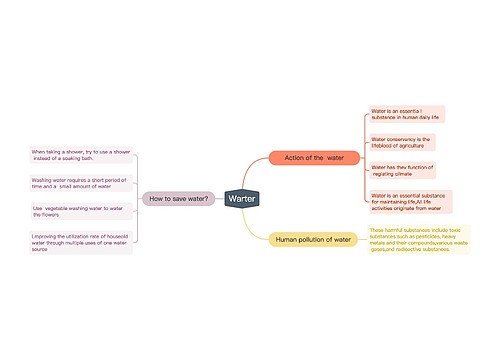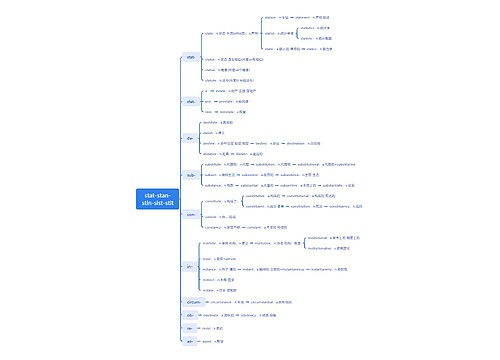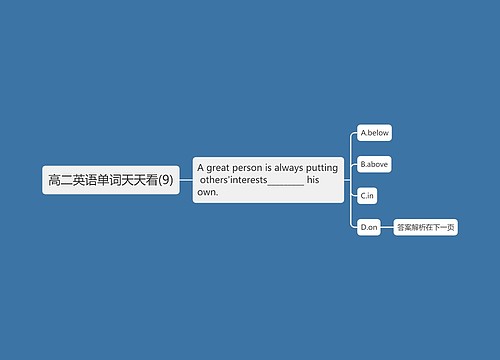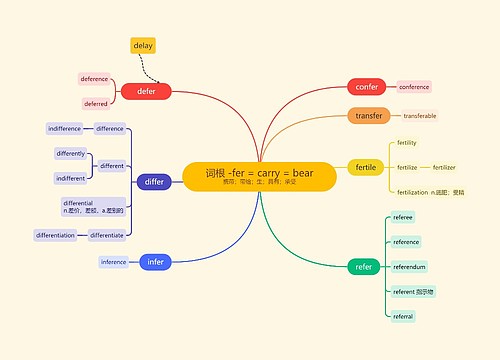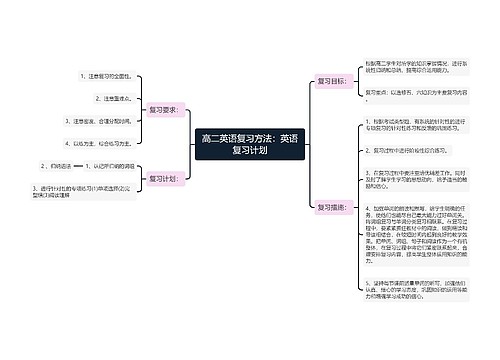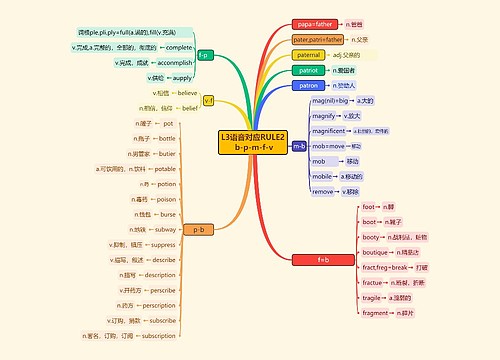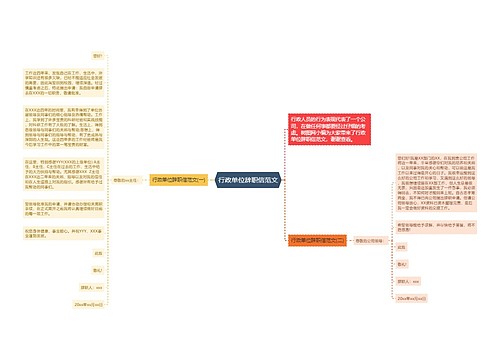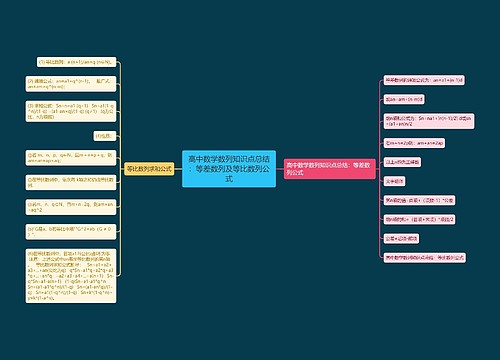误:The young man worked very hardly and soon began to get ahead.
正:The young man worked very hard and soon began to get ahead.
析:句中修饰work的是副词,hardly虽然是副词,但是意为"几乎不",所以用hard,意为"努力地"。
析:feel在此处为系动词,其后应接形容词作表语。
误:She has no alive relatives.
正:She has no living relatives.
析:alive是表语形容词,可做后置定语,但是不能做前置定语,所以句子中要用living。
误:For them enthusiasm is fairly more important than talent.
正:For them enthusiasm is a lot more important than talent.
析:fairly只能修饰形容词和副词的原级,不能修饰比较级,可用于修饰形容词副词比较级的副词或短语有:a lot,a bit,a little,any,by far,even,far,much,no,rather,still等。
误:I knew terrible something had happened.
正:I knew something terrible had happened.
析:修饰anything,something,everything,nothing等不定代词的形容词都要放在它们的后面,做后置定语。
误:This building is more taller than that one.
正:This building is taller than that one.
误:The weather here is nicer than Wuhan.
正:The weather here is nicer than that of Wuhan.
析:同样的事物才能相比较,句中的weather和Wuhan不具有可比性,只有"这里的天气"和"武汉的天气"才能放在一起比较。
误:I’d rather play tennis than swam.
正:I’d rather play tennis than swim.
误:She is the most beautiful of the two girls.
正:She is the more beautiful of the two girls.
析:两者相比较时,比较级前用定冠词,三者或三者以上的比较才用most。
析:句中的词组为would rather do…than do,than后要接动词原形。
误:The tulip is the more beautiful flower in John’s garden.
正:The tulip is the most beautiful flower in John’s garden.
析:表示"……是……中最……的"时,当句子中修饰的名词是单数的时候,应该用"主语+ be + the +形容词/ 副词最高级+单数名词"表示,不能用比较级。如果要用比较级表达最高级的意思,则可以使用"主语+ be +形容词 / 副词比较级+ than + any other +名词单数"来表示。上面的句子也可表达成 Tulip is more beautiful than any other flowers in John’s garden。

 U633687664
U633687664
 U582679646
U582679646